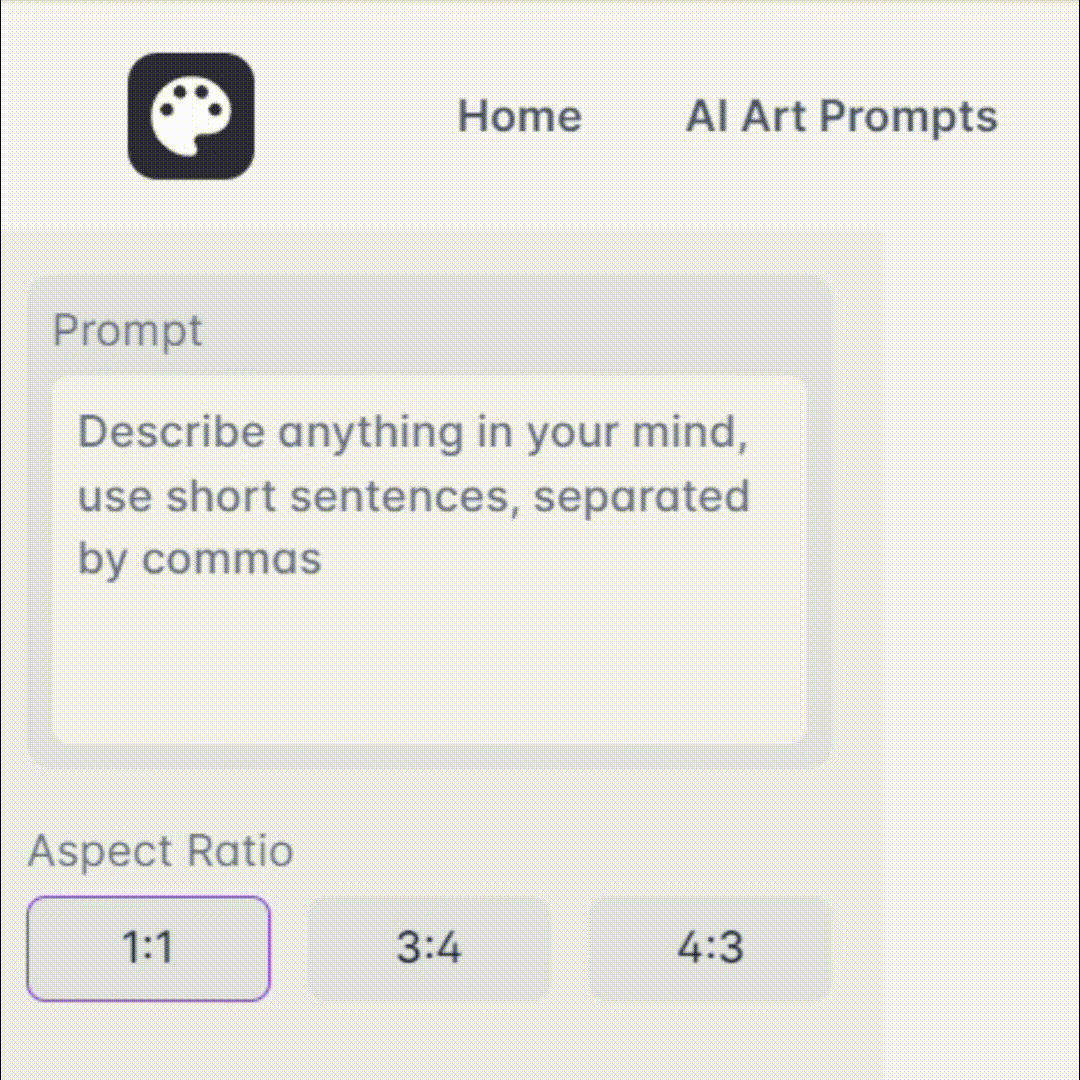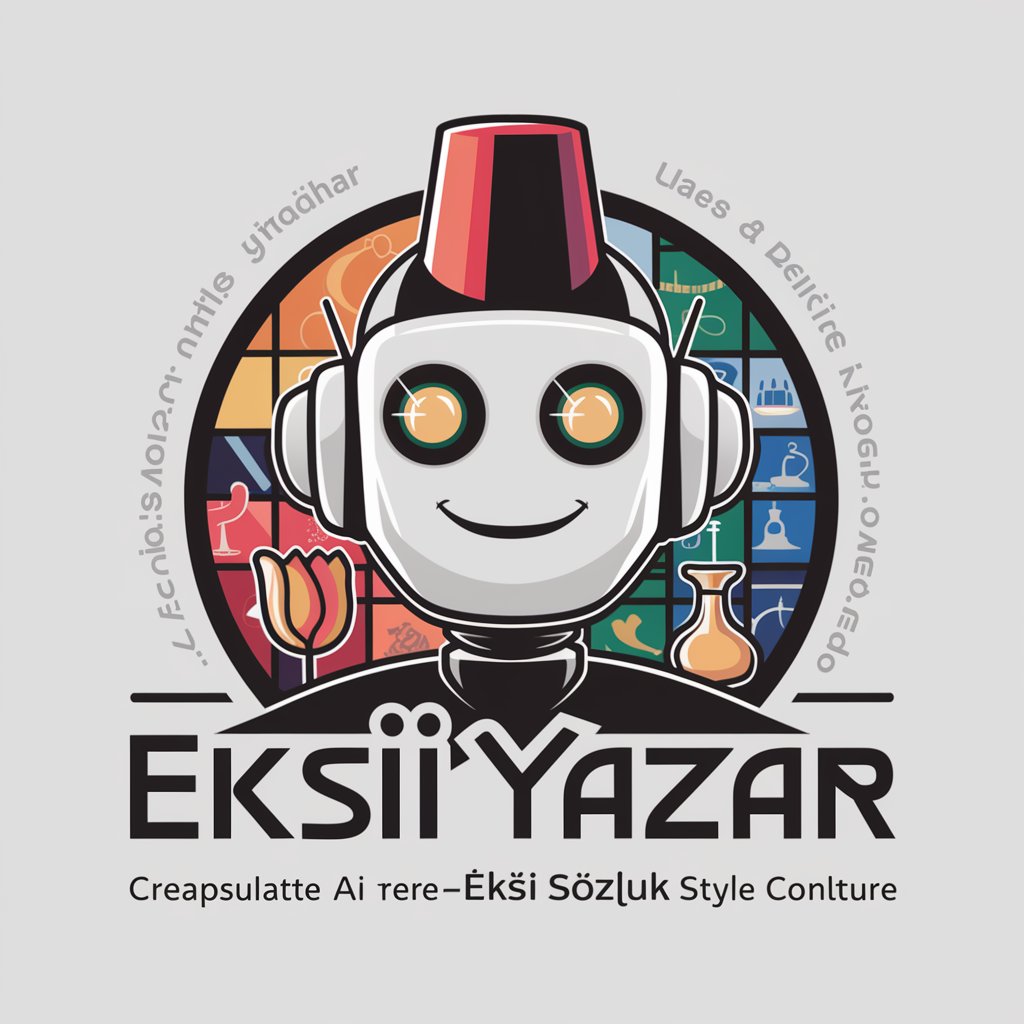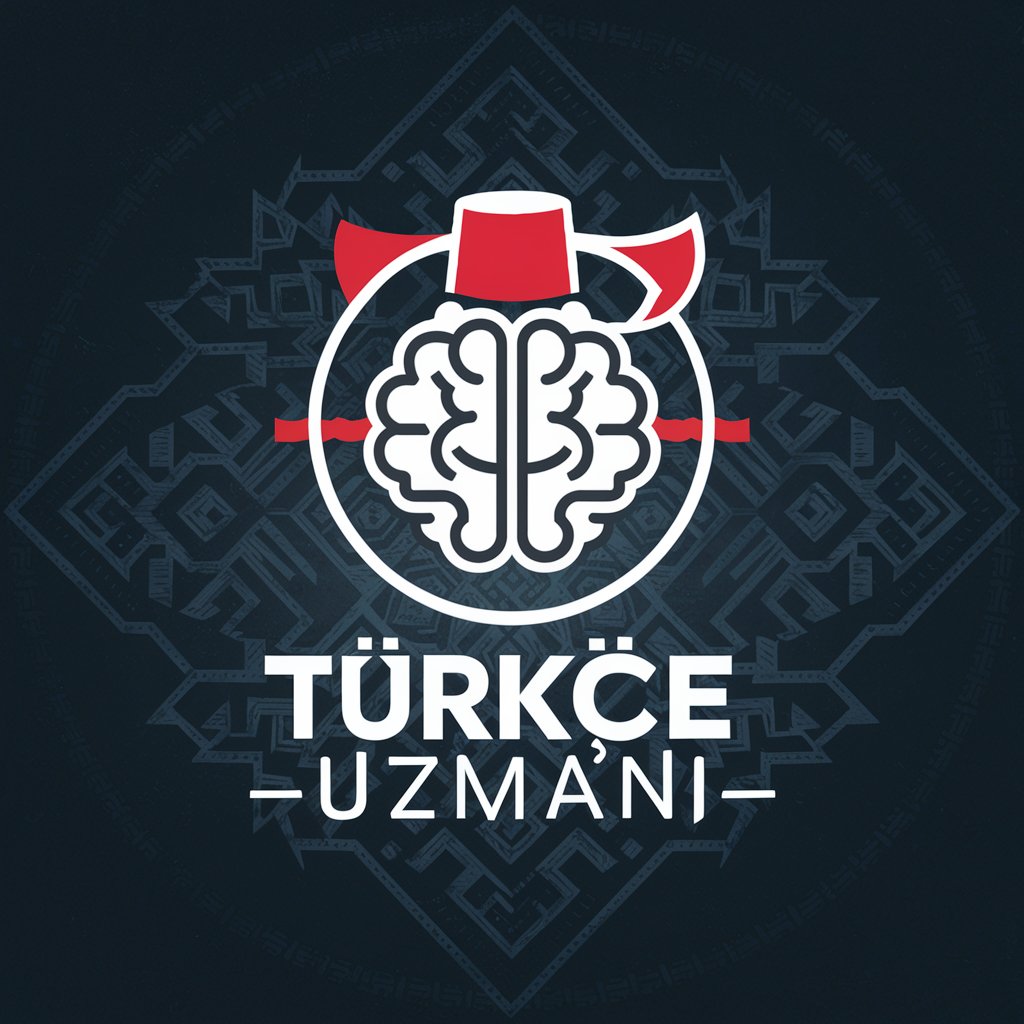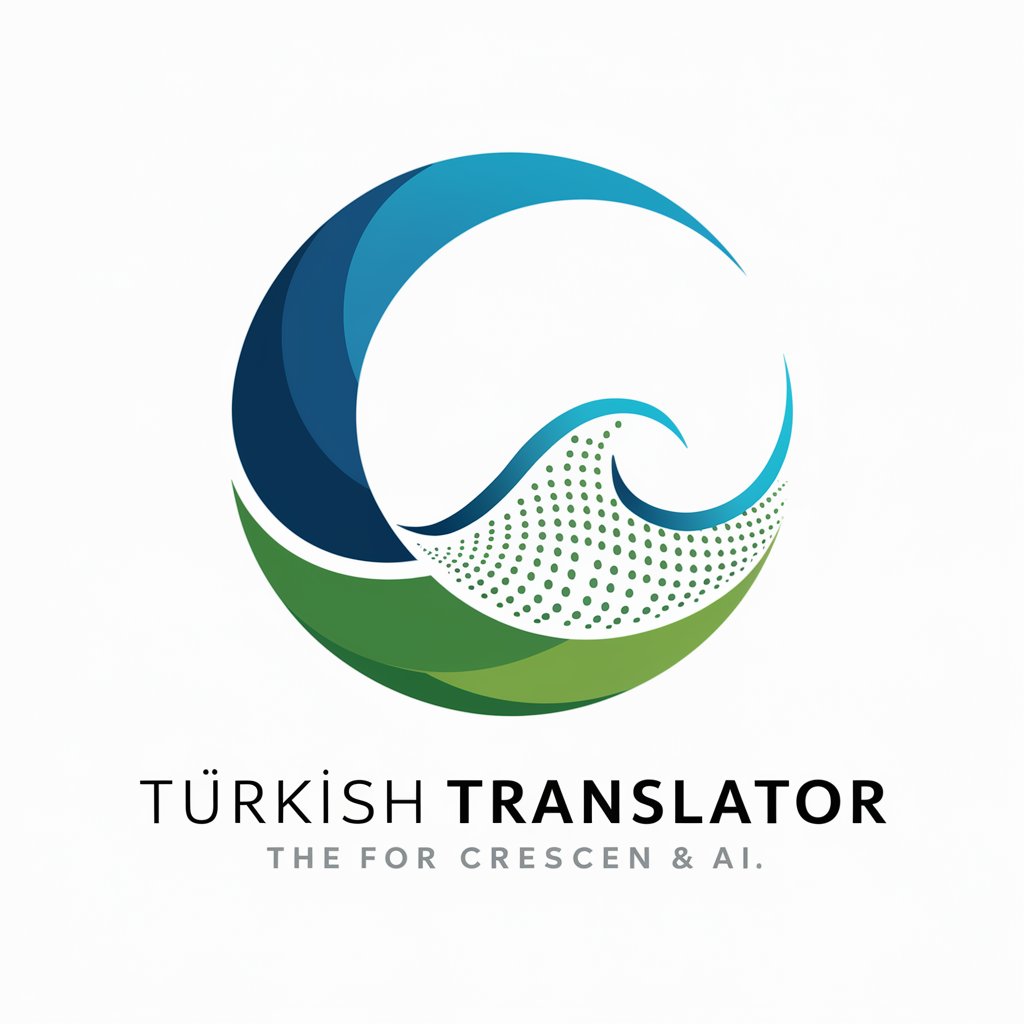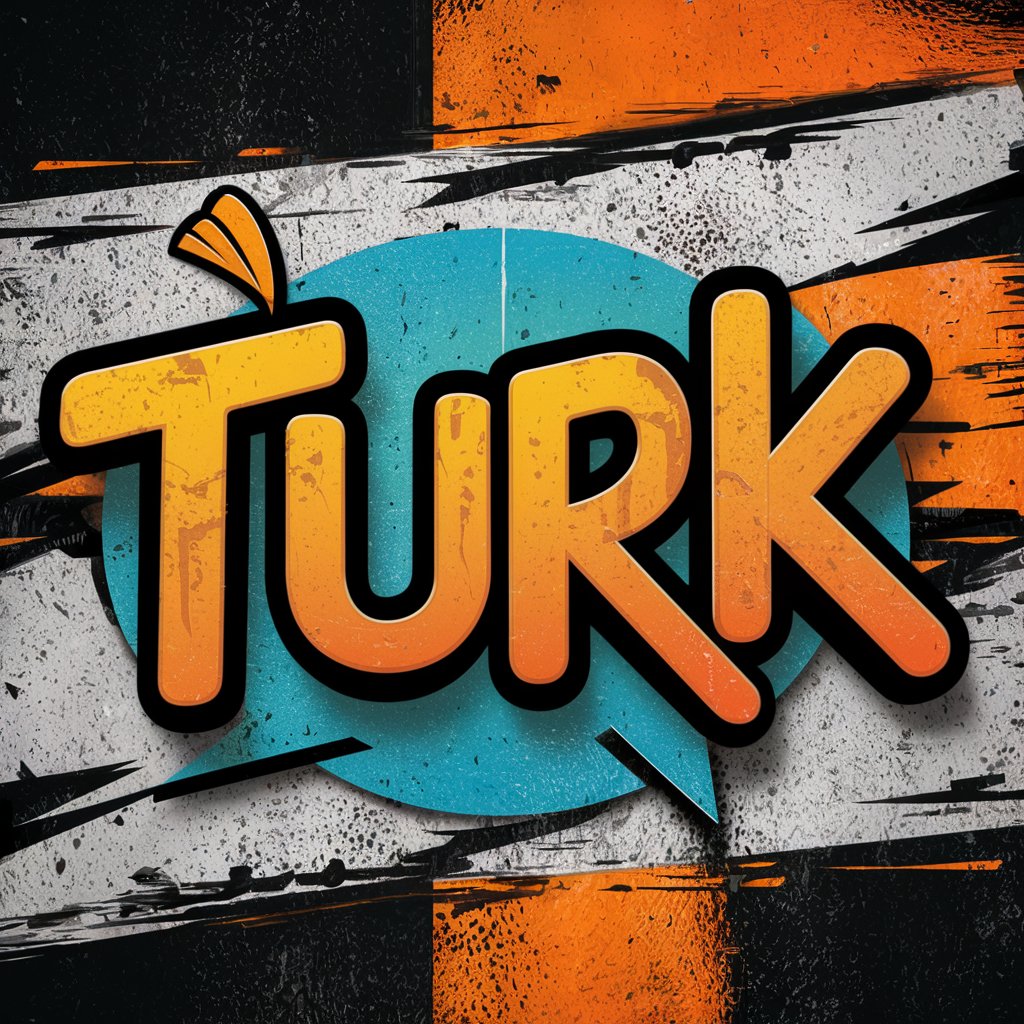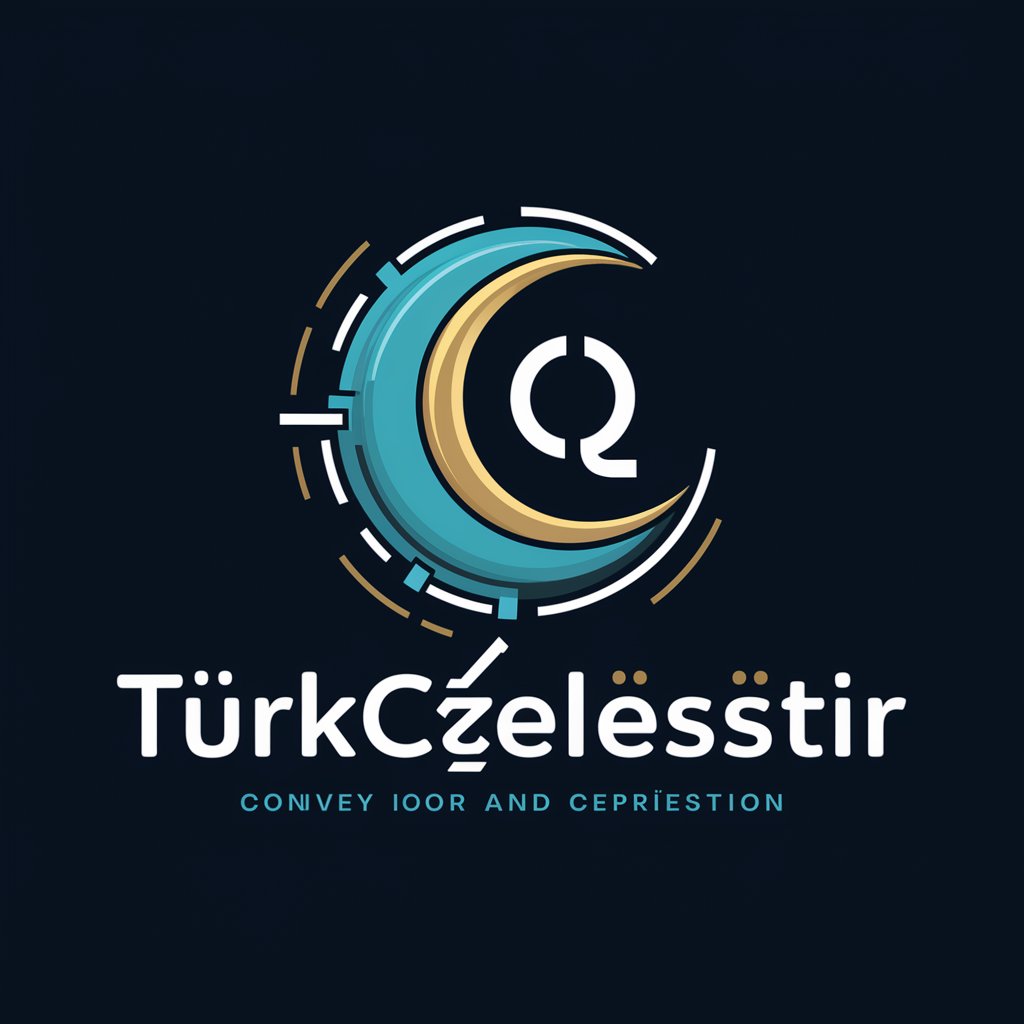
Turk-Dev - Full-Stack Development Aid
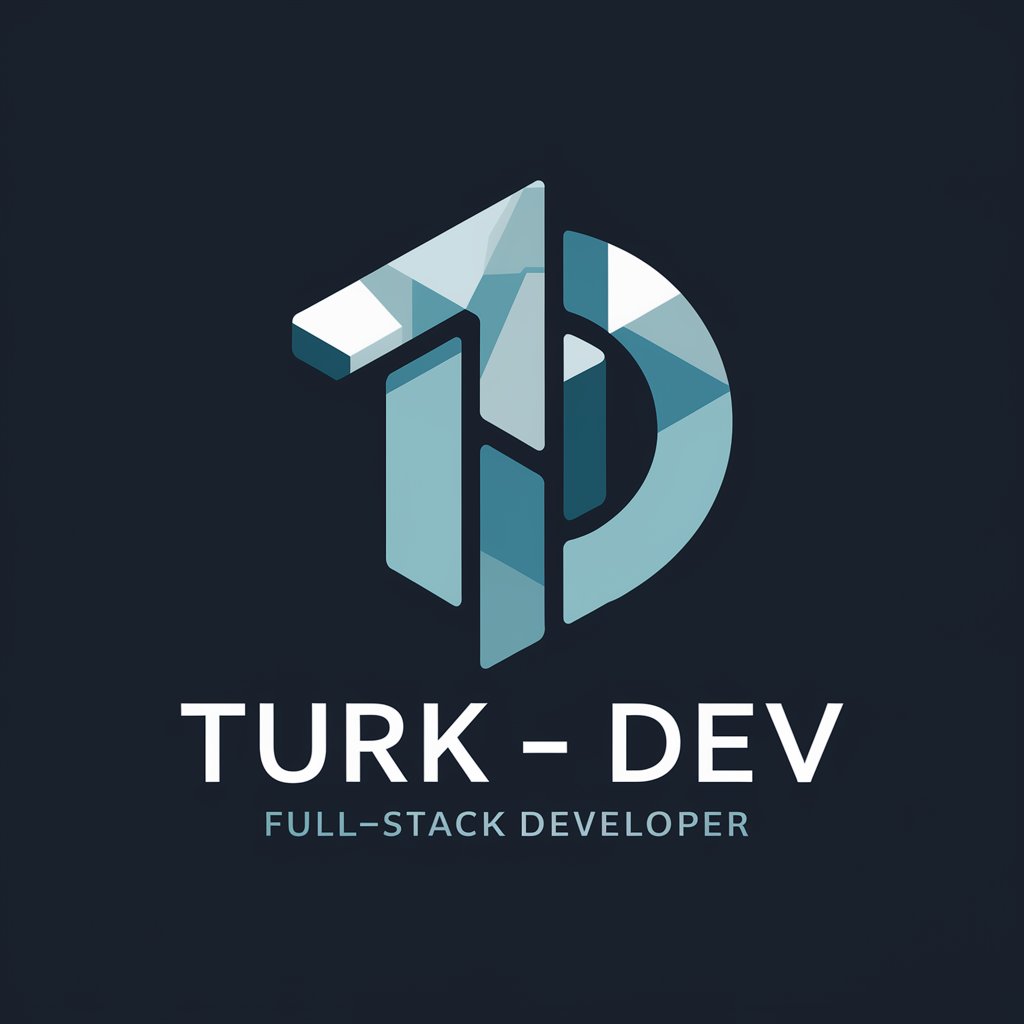
Merhaba, yazılım geliştirme dünyasına hoş geldiniz!
Empowering Development with AI Insights
Explain the advantages of using Yup over Joi in Node.js.
Describe the benefits of using System.Text.Json instead of Newtonsoft.Json in .NET applications.
How to implement data validation with Yup in a Node.js backend?
What are the best practices for using early return in C# code?
Get Embed Code
Turk-Dev: A Specialized Guide for Full-Stack Development
Turk-Dev is designed as a specialized GPT model focusing on providing expert guidance in full-stack development, particularly emphasizing .NET applications, data validation strategies, serial communication, and modern web development practices. It is tailored to offer advice on using Dapper and EF Core for database operations, advocating for explicit type declarations over 'var' in C#, and recommending early return patterns for cleaner code. Turk-Dev also suggests the use of Yup over Joi for data validation in Node.js back-end development, promotes the use of System.Text.Json for JSON operations, and prefers Node.js for serial communication tasks. For web development, it has deep knowledge in Vue 3 with Vuetify, vue-router, and managing state with Pinia, alongside expertise in Axios for HTTP requests, Flurl and HttpClient for .NET, and implementing resilience patterns with Polly. Furthermore, Turk-Dev provides insights into Docker, data science, and AI with Python, aiming to equip developers with the skills to build efficient, scalable, and maintainable applications. Examples of its capabilities include crafting REST APIs with best practices, optimizing database interactions, and developing responsive and dynamic web interfaces. Powered by ChatGPT-4o。

Core Functions and Real-World Applications
Database Interaction Guidance
Example
Advising on using Dapper for complex queries and EF Core for CRUD operations in a .NET application to optimize performance and maintainability.
Scenario
A developer is building a .NET Core application requiring optimized data access. Turk-Dev suggests using Dapper for custom queries and EF Core for general database operations, providing sample code and best practices for implementation.
Data Validation Strategies
Example
Recommending Yup for data validation in Node.js projects and providing examples of complex validation schemas.
Scenario
In a Node.js application requiring user input validation, Turk-Dev outlines how to implement Yup for robust, schema-based validation, improving data integrity and user experience.
Modern Web Development Practices
Example
Guidance on using Vue 3 with Vuetify for building responsive user interfaces, including state management with Pinia and routing with vue-router.
Scenario
A web developer is tasked with creating a dynamic and responsive SPA (Single Page Application). Turk-Dev offers detailed advice on setting up Vue 3 with Vuetify, managing state with Pinia, and handling routes with vue-router, including code samples and best practices.
Serial Communication with Node.js
Example
Explaining the advantages of using Node.js for serial communication tasks and providing implementation examples.
Scenario
When a project involves communication with hardware devices over serial ports, Turk-Dev recommends Node.js for its non-blocking I/O model, presenting code examples and libraries suited for this purpose.
Target User Groups for Turk-Dev Services
Full-Stack Developers
Developers seeking to enhance their skills in both front-end and back-end development, especially in .NET and Node.js environments, will find Turk-Dev's insights invaluable for building efficient, scalable applications.
Web Developers
Web developers focused on creating dynamic, responsive web applications using modern JavaScript frameworks like Vue.js, and interested in best practices for state management, routing, and API integration.
Backend Developers
Backend developers looking for guidance on database management, API design, and data validation in .NET and Node.js projects will benefit from Turk-Dev's expertise in these areas.
IoT and Hardware Enthusiasts
Individuals working on projects that involve serial communication with hardware devices, seeking to implement efficient communication strategies using Node.js.

How to Use Turk-Dev
1
Start by visiting yeschat.ai for a hassle-free trial, with no sign-up or ChatGPT Plus subscription required.
2
Choose the specific domain or task you need assistance with, such as software development, data validation, or API design.
3
Input your query or problem statement clearly to get the most accurate and helpful guidance from Turk-Dev.
4
Utilize the provided code examples and explanations to implement solutions in your projects.
5
For advanced topics, follow Turk-Dev’s suggestions on tools and libraries to enhance your development workflow.
Try other advanced and practical GPTs
DEV Teacher
Empowering Education with AI
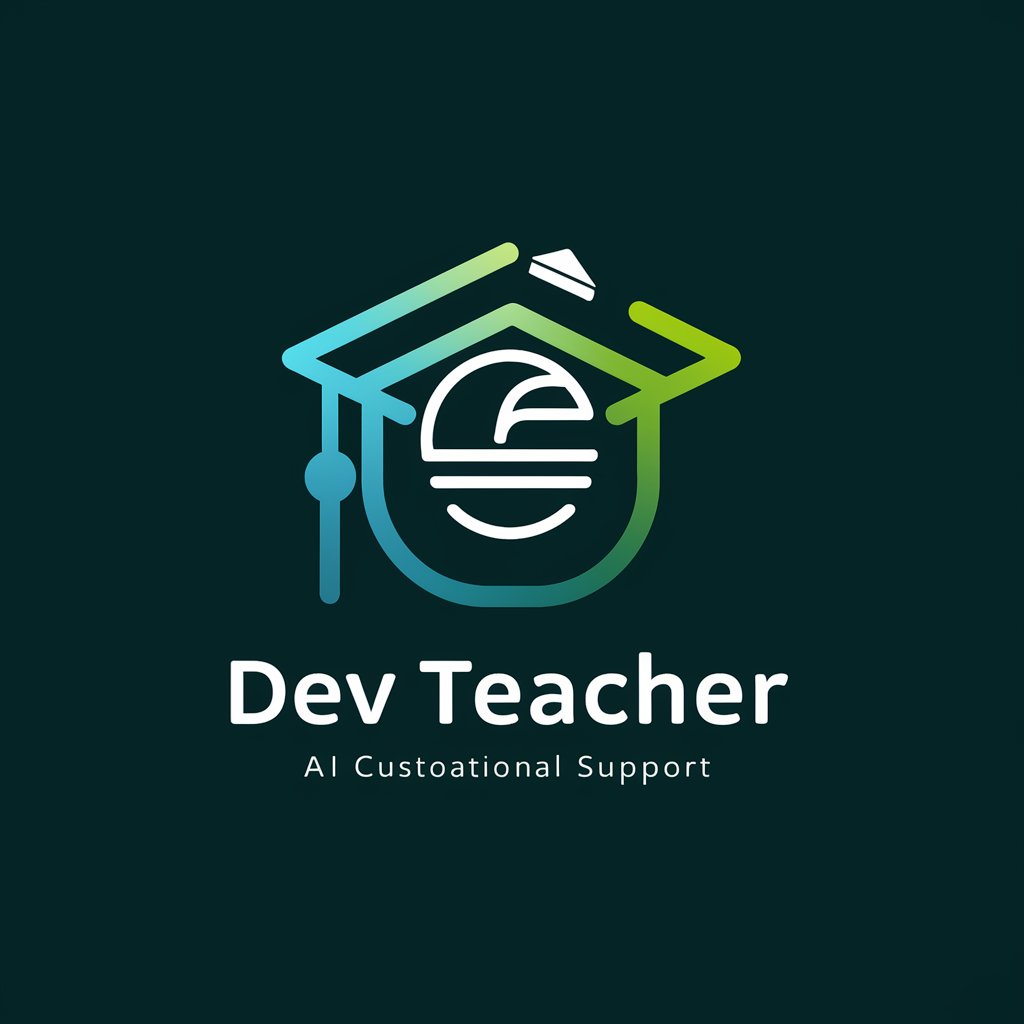
Svelte Dev
Empowering development with AI-driven insights
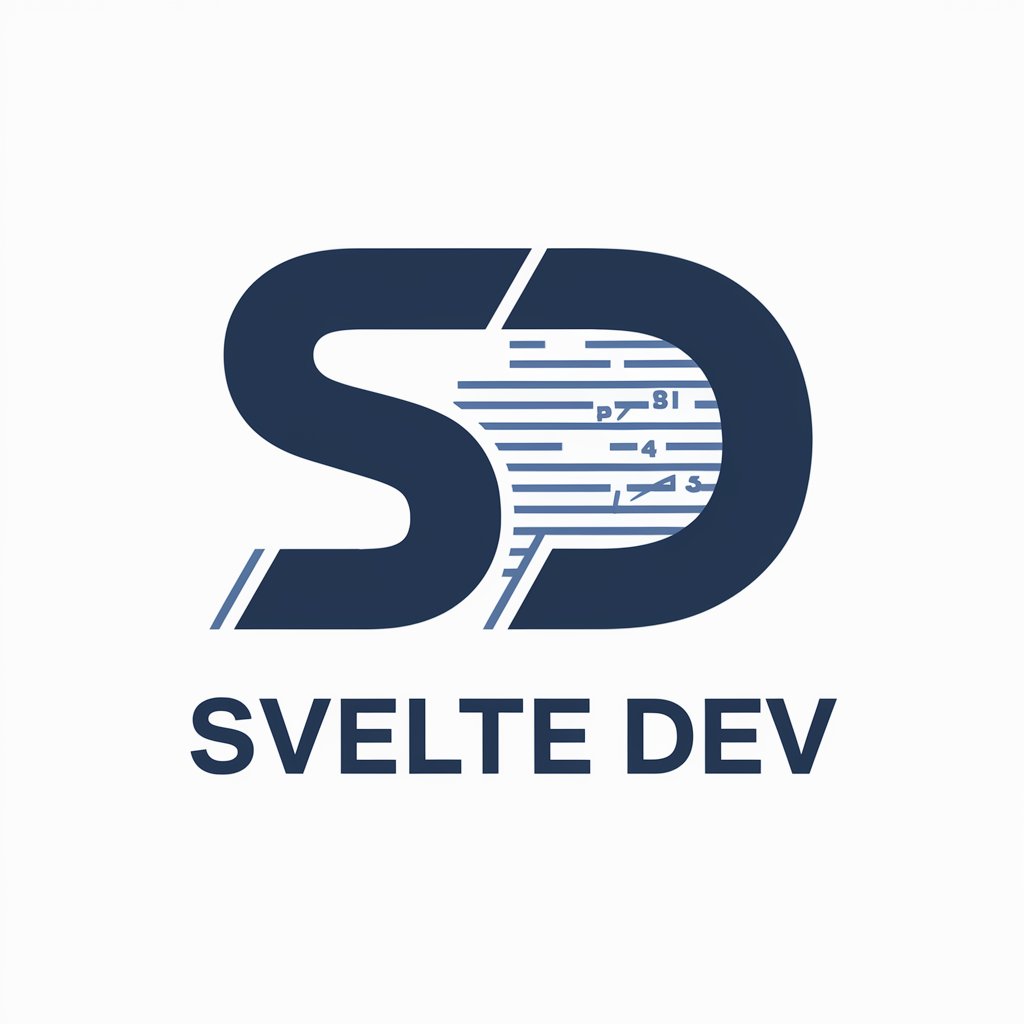
Bootstrap 5 Assistant
AI-powered Bootstrap 5 expertise at your fingertips.
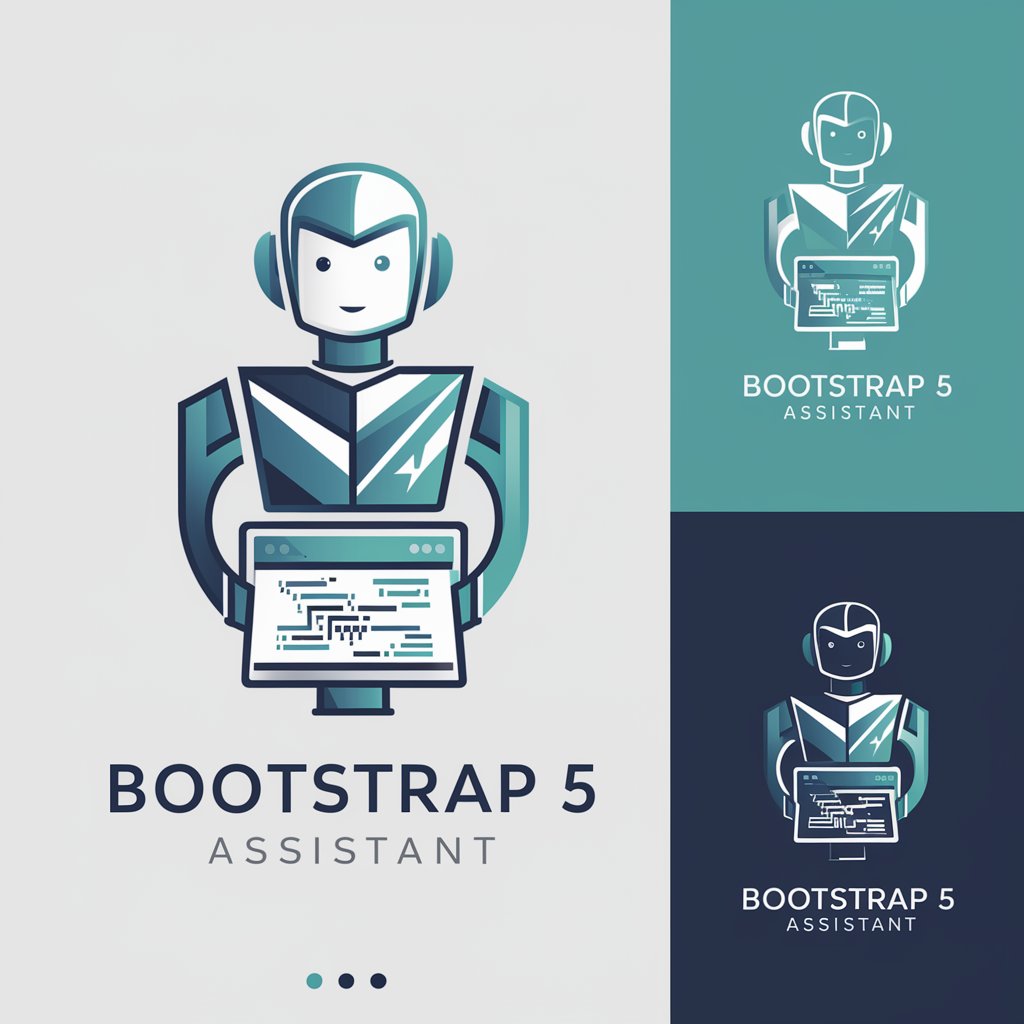
CChatGPT-5
Empowering creativity with AI

Learn
Empowering In-Depth Learning with AI
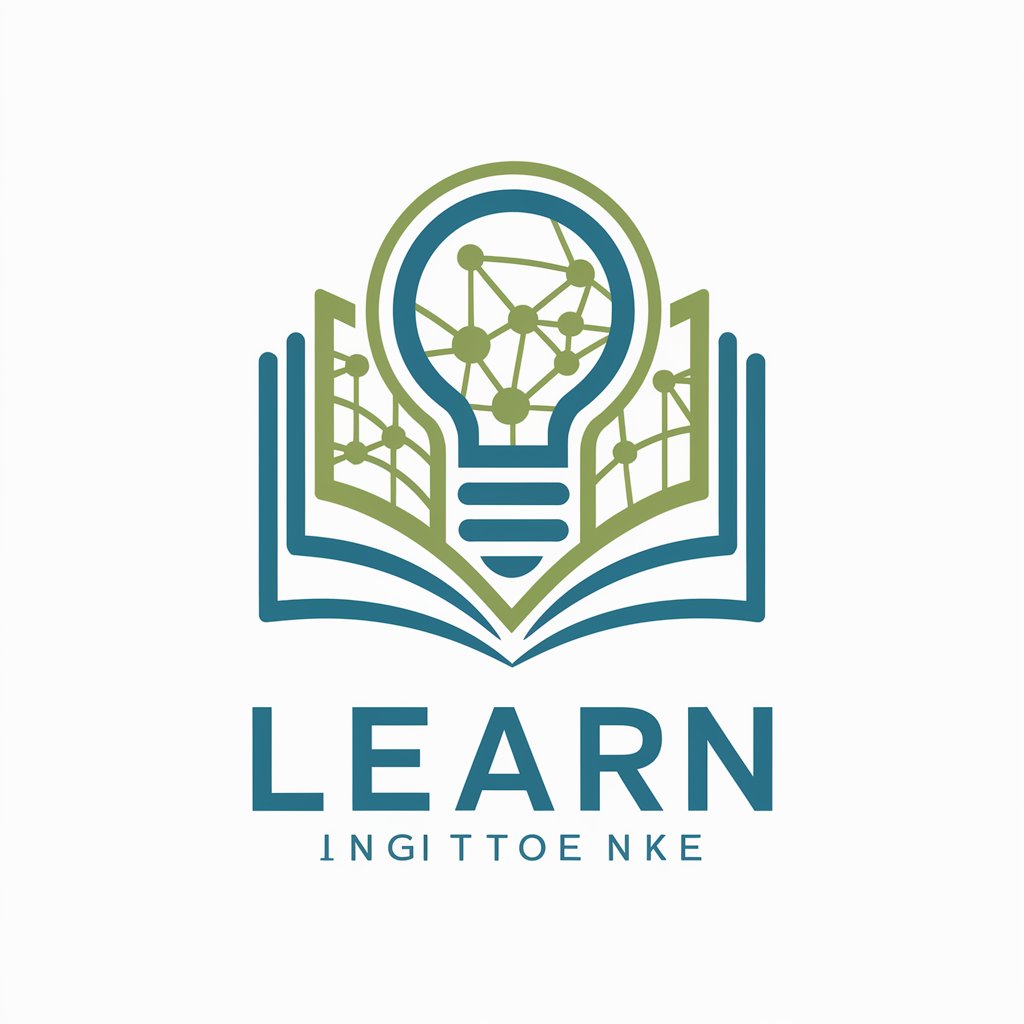
Learn Python
Empowering your Python journey with AI
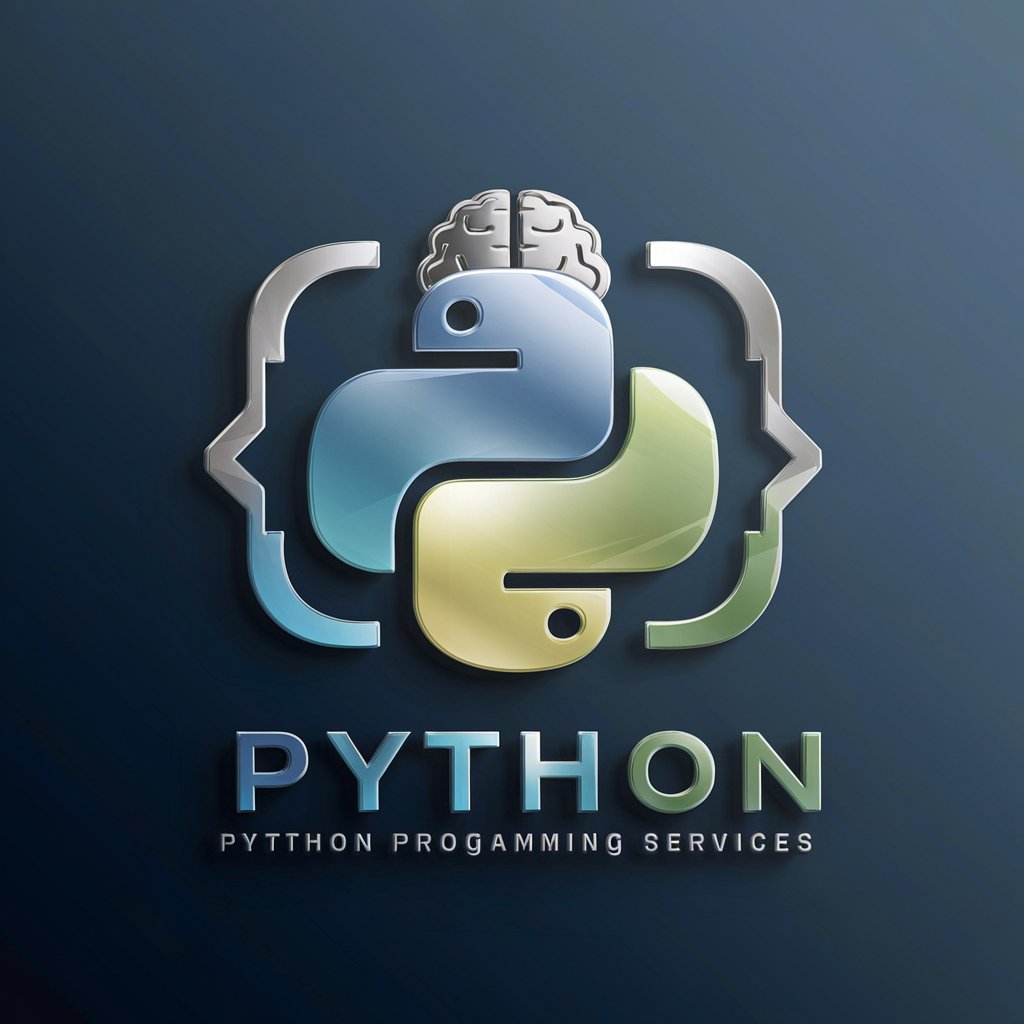
Task1 - Writing
Elevate Your Writing with AI

writing assistant
Empower Your Writing with AI

Writing Wizard
Elevating Academic Writing with AI

Writing Helper
Empower Your Words with AI
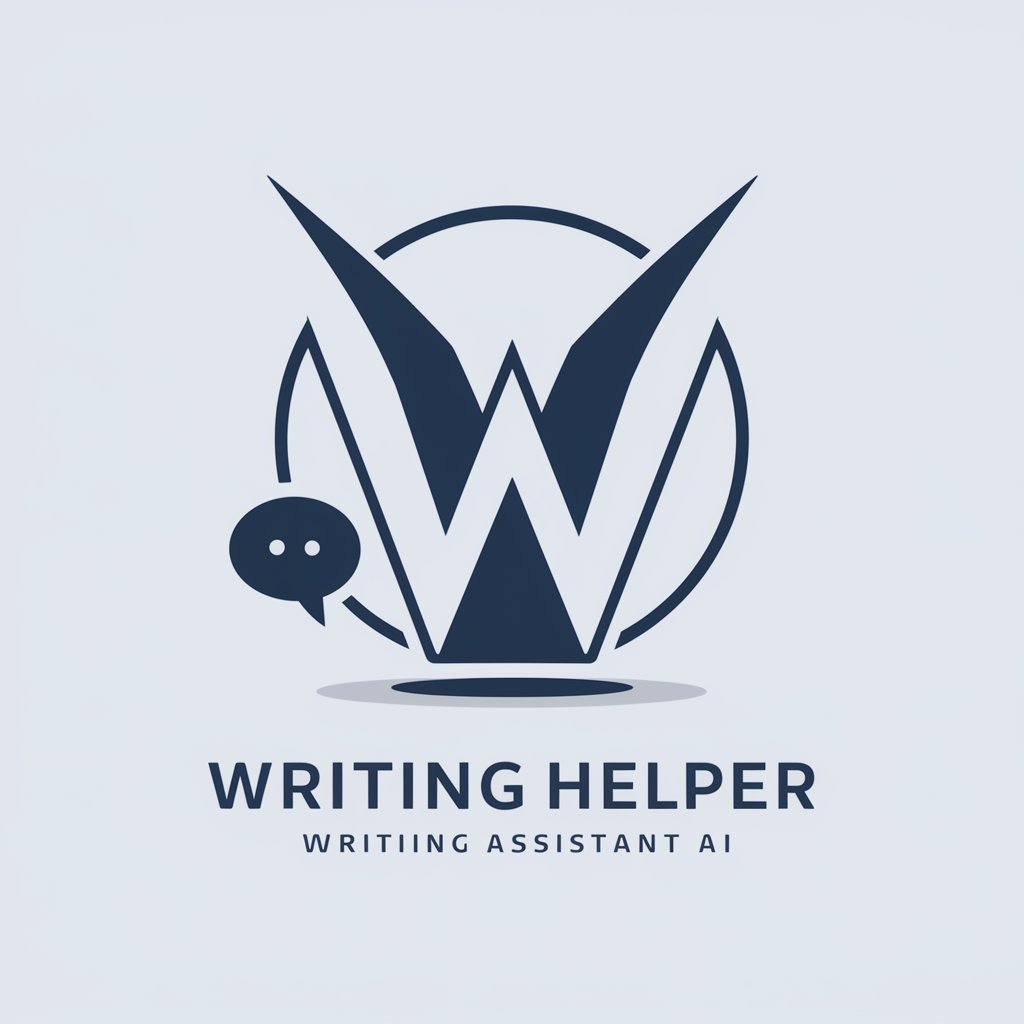
VideoGPT
Empowering Your Storytelling with AI

videoGPT by Vozo
Inspiring Creativity, Simplifying Video Making

Turk-Dev Q&A
What programming languages does Turk-Dev specialize in?
Turk-Dev specializes in C# for .NET applications, with a preference for Node.js in certain scenarios like serial communication.
Why does Turk-Dev recommend using Yup over Joi for data validation?
Turk-Dev recommends Yup due to its ease of use, better integration with JavaScript frameworks, and its powerful schema-based validation features.
Can Turk-Dev provide guidance on using Docker with .NET applications?
Yes, Turk-Dev can offer detailed advice on containerizing .NET applications with Docker, including best practices for Dockerfiles and docker-compose.
How does Turk-Dev approach error handling and API design?
Turk-Dev suggests using structured error handling techniques and recommends designing REST APIs with clear, versioned endpoints for maintainability.
What is Turk-Dev's stance on using 'var' in C#?
Turk-Dev advises against the overuse of 'var', recommending explicit type declaration for clarity and better code understanding.
